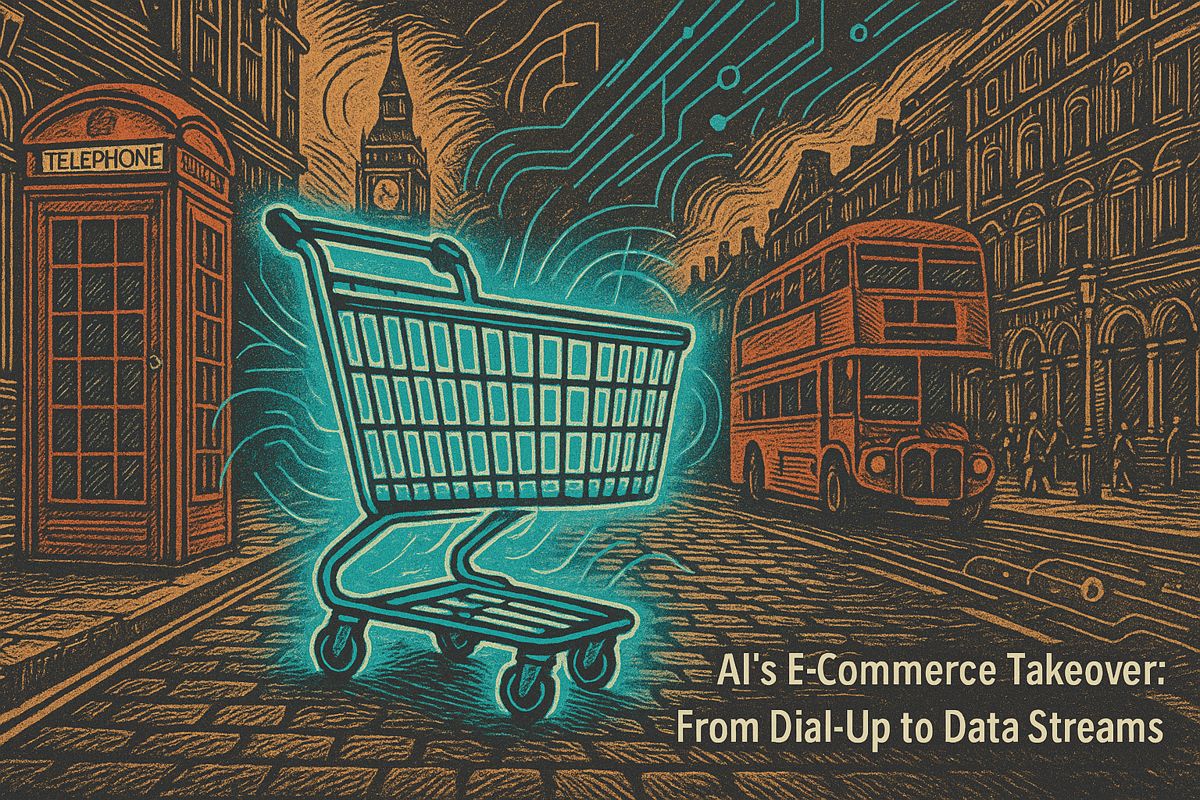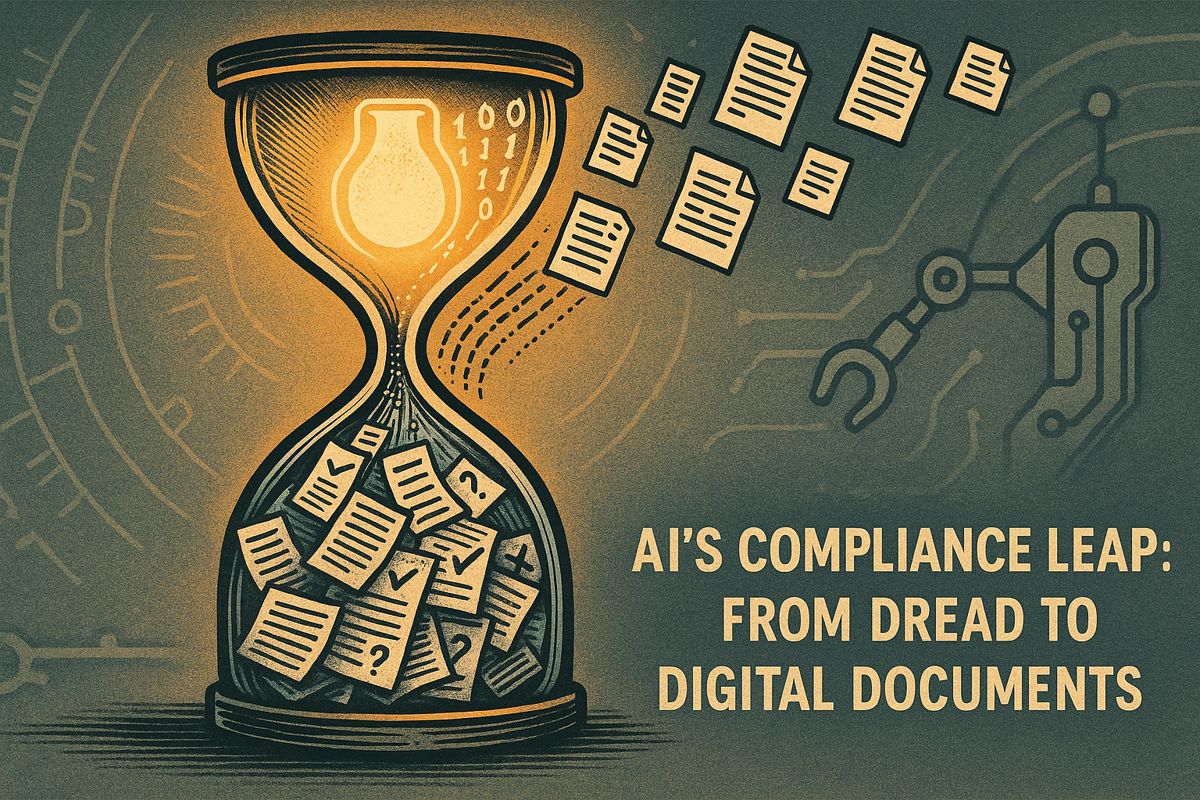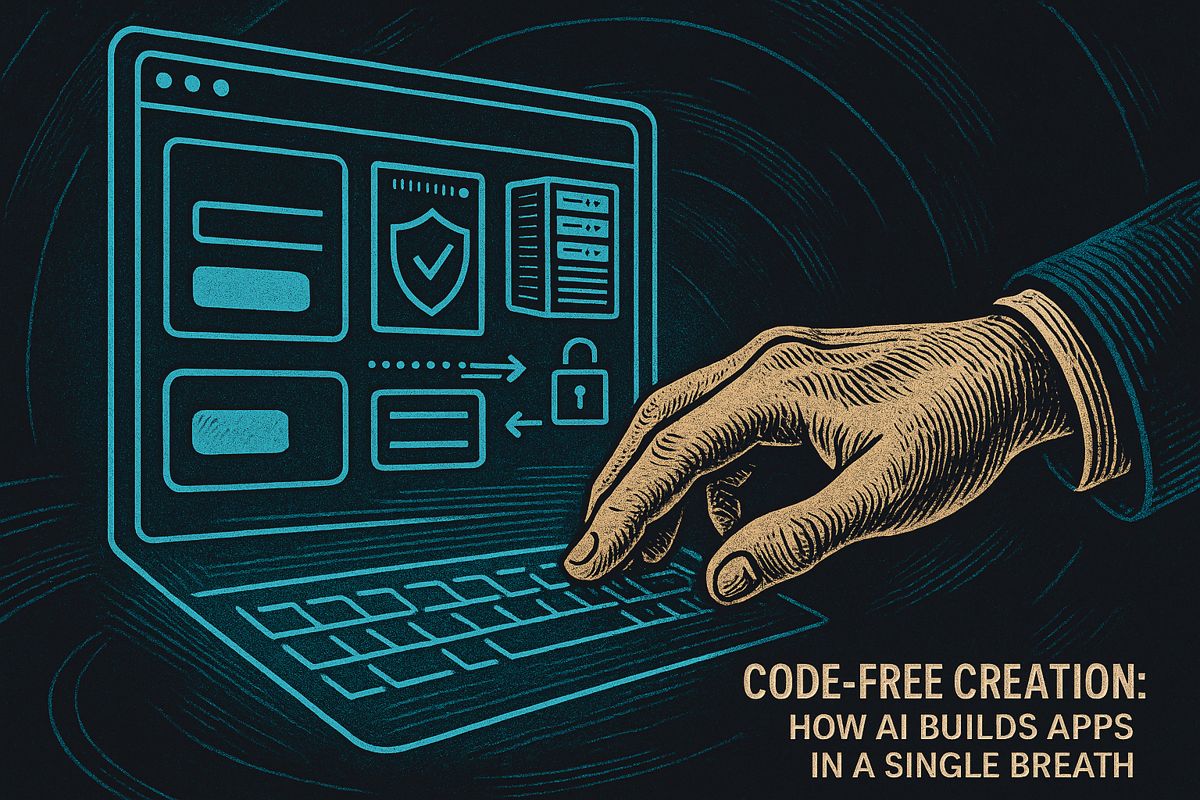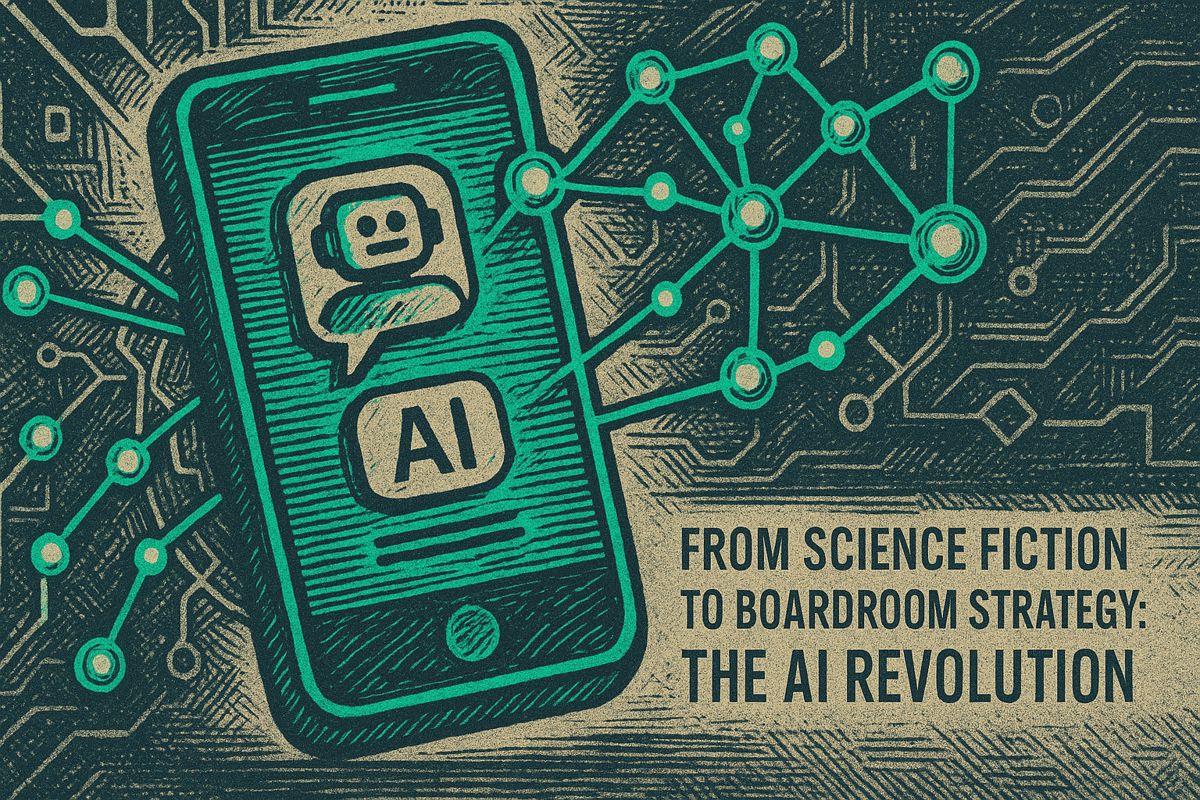AI is secretly changing online shopping, making it super smart.
How is AI transforming e-commerce?
AI is fundamentally reshaping e-commerce by optimizing marketing, compressing creative timelines, and automating customer service. It enables hyper-personalized recommendations, analyzes vast customer data to predict purchasing behavior, and streamlines operations, leading to significant productivity gains and increased shareholder returns for digital-first companies. This shift moves beyond mere monitoring to actively shaping how consumers shop.
From eBay Chaos to Algorithmic Whisperers
I still remember those raw, dial-up days trawling eBay auctions. The thrill of a last-minute bid, the agony of seeing “Outbid!” flash in blocky letters. Things have changed. Now, AI nudges me toward things I had no idea I wanted – it’s as if the entire online marketplace has become a backstage crew, anticipating every cue. I find it both oddly intimate and ever-so-slightly unnerving. Do you?
A year ago, in a stifling Bangkok hotel ballroom, I met a product manager from Procter & Gamble. His foot tapped to some secret rhythm, or nerves. AI tools, he told me, had slashed his marketing concept work from a slog of weeks to a handful of days. His grin sparkled like sunlight bouncing off a new phone screen. I remember thinking: luck and dread can look awfully similar in a fluorescent-lit room.
There’s a tangible shift. Algorithms aren’t just monitoring; they’re shaping how we shop. Sometimes, it feels as if the old Wild West of online retail has been replaced by a slick Las Vegas casino – all bright lights and calculated odds.
The AI Engine Beneath the Retail Surface
Let’s get precise, not lost in the hype: The U.S. e-commerce market, currently valued at $1.2 trillion, is being quietly transformed by artificial intelligence. Consider L’Oréal and Unilever: both are leaning hard into AI to compress their creative timelines and optimize their campaigns. Even as I type this, job boards are flooded with openings for data scientists and AI-savvy commerce experts.
There’s more. Industry numbers from McKinsey Quarterly suggest automation could lift manufacturing productivity in consumer goods by an eye-popping 40%. By 2030, as much as 35% of sector work might be automated – a figure that raises my eyebrows every time I see it. Is it hyperbole? I checked. Nope: it’s there in black-and-white. Not so long ago, brands called AI an experiment. Now it’s become table stakes, like electricity or Wi-Fi.
Triple the shareholder returns. That’s what digital-first companies like Amazon and Alibaba are reporting compared to slower peers. Is it all down to clever code? Not entirely, but the algorithms do seem to have a sixth sense for customer quirks and inventory bottlenecks. I wonder: are the robots outsmarting us, or merely mirroring our worst (and most lucrative) habits?
Impulse, Identity, and the Age of the Chatbot
Customer service isn’t what it was. No more hold music warbling through your speakerphone – now, AI chat assistants like those at Sephora or H&M answer at lightning speed. Some analysts, like Sentient Decision Science’s Dr. Aaron Reid, predict bots will handle up to 80% of queries by 2030. I confess: I’m skeptical. Would I trust a bot with a tricky refund? Maybe, if it sounded less like a script and more like my grandmother on a good day.
There’s a clinical precision to today’s branding. AI, parsing terabytes of data, finds my favorite shade of green and the hour I click most. Suddenly, ads show me hiking boots in the color of moss after rain. I can almost smell the wet earth. Is this marketing, or mind-reading? Either way, my credit card feels the sting. The science of impulse buying is now more Pavlov than P.T. Barnum.
Alexis Krivkovich of McKinsey puts it succinctly: success comes from “granular fact bases.” Know every node, automate with intent, avoid the trap of chasing each shiny new tool. Sounds simple – but isn’t it always the obvious things that slip through the cracks?
A Human, in the Loop
I keep thinking back to that product manager in Bangkok. Sure, he’d automated away half his old headaches, but did that ever make him worry for his future? I forgot to ask. Maybe he did. Maybe not. On a sunlit beach with his phone blissfully silent, I doubt he cared much. Relief can taste like mango sorbet after a day in the humidity.
Sometimes, I miss the messiness of the old internet. Sometimes, I marvel at how far we’ve come. And yes, I’ve learned this: never trust a chatbot with your vacation plans…yet.
Dan



















